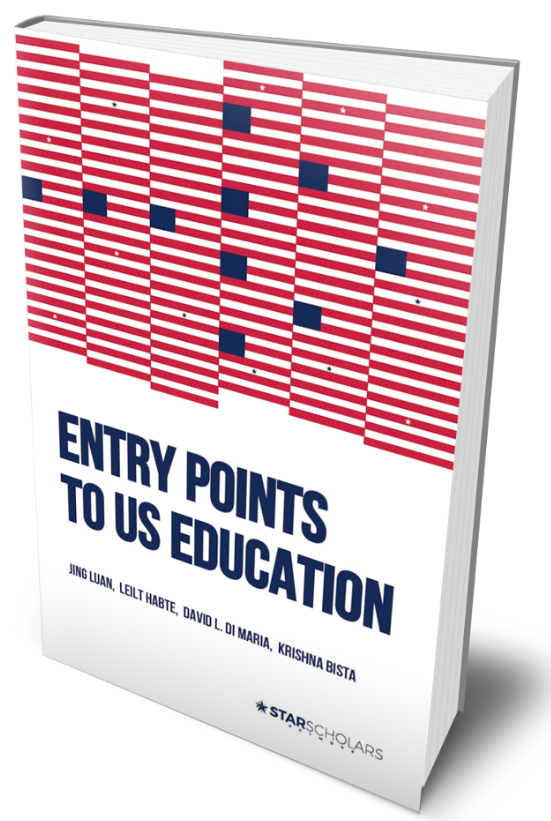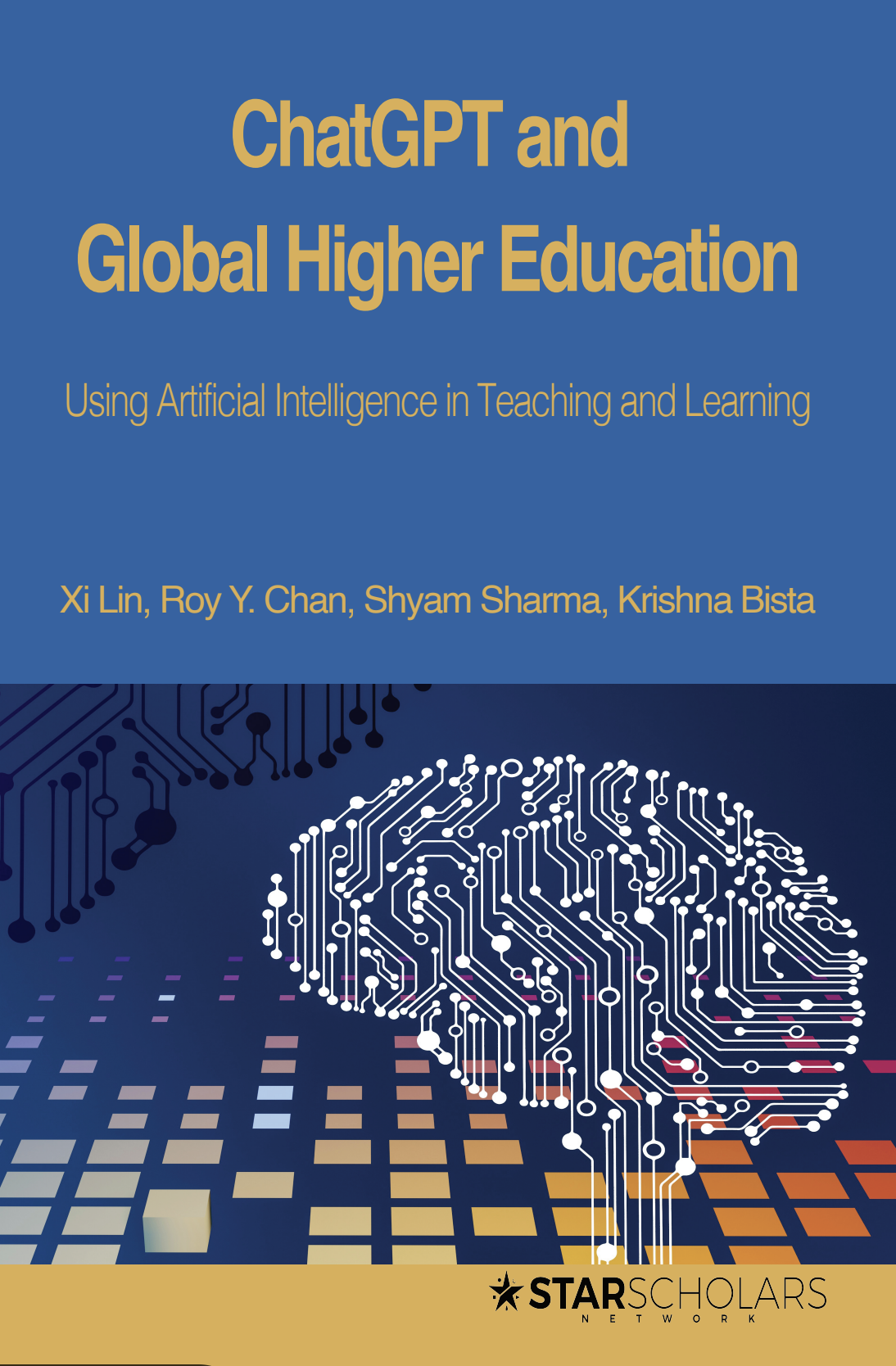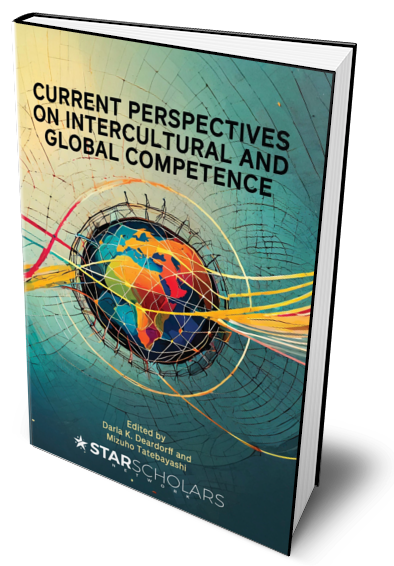Ethics in U.S. University International Admissions: The Global Impact with a Focus on China
Published
Synopsis
Francis Miller Dean and College Counselor, Avenues Shenzhen, China
Abstract
While U.S. universities utilize an array of initiatives to increase accessibility, decrease inequity, and create a more “student centered process,” the reality is that some commonplace U.S.-style holistic admissions expectations used in their university freshman admission (UFA) for international applicants not only reward wealthy applicants, but also perpetuate unethical activities or even directly exacerbate ethical malpractice around the world. Naturally people tend to focus on China, which as a country sent the largest number of international students to the U.S. for over a decade. However, this is not a China-only problem – well-documented ethical issues exist worldwide. For the purpose of this chapter, the author uses findings that are easily observed in China, where sky-high family expectations for educational attainment, practically unrivaled per capita expenditures on educational services, an absence of government regulation, and a tradition of obsessing over quantitative metrics such as test scores and rankings create a hypercompetitive environment ripe for ethical malpractice. To introduce these issues, this chapter will describe the landscape of Chinese secondary schools and how it has been affected by U.S. university holistic admissions policies for international students. This will follow with an examination of certain commonplace practices used by Chinese secondary schools, students, parents, and third parties to adapt and prepare more competitive undergraduate applications to highly selective U.S. institutions. Discussed next will be a list of pertinent, prevalent, and persistent ethical issues. Finally, we will conclude by highlighting the efforts of the school-based college advising community in China to identify and approach these ethical issues, as well as recommendations for various stakeholders, including international admission professionals at U.S. universities.
Keywords: China, Ethics, Agents, Standardized Testing, Secondary School, International Students, Enrollment Management, Higher Education, UFA, Entry Points
How to cite this chapter:
Miller, F. (2024). Ethics in U.S. university international admissions: The global impact with a focus on China. In J. Luan, L. Habte, D. L. Di Maria, & K. Bista (Eds.), Entry points to US education: Accessing the next wave of growth (pp. 197-214). Star Scholars Press. DOI: https://doi.org/10.32674/4r0sfm57





